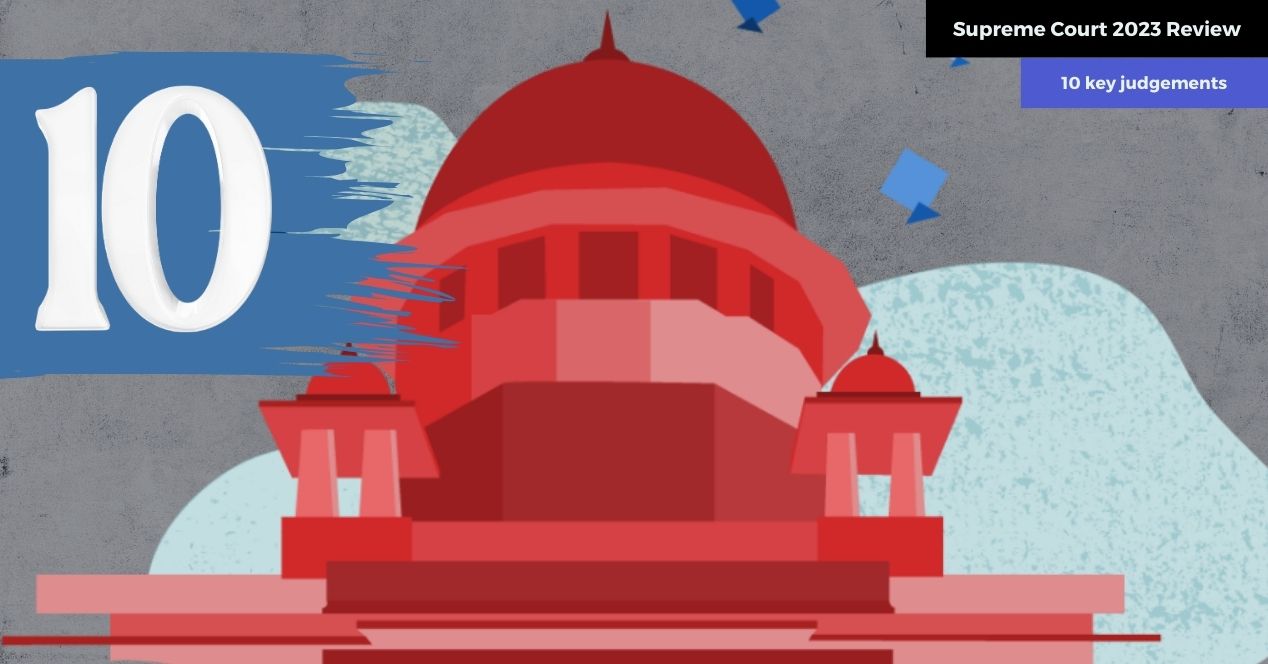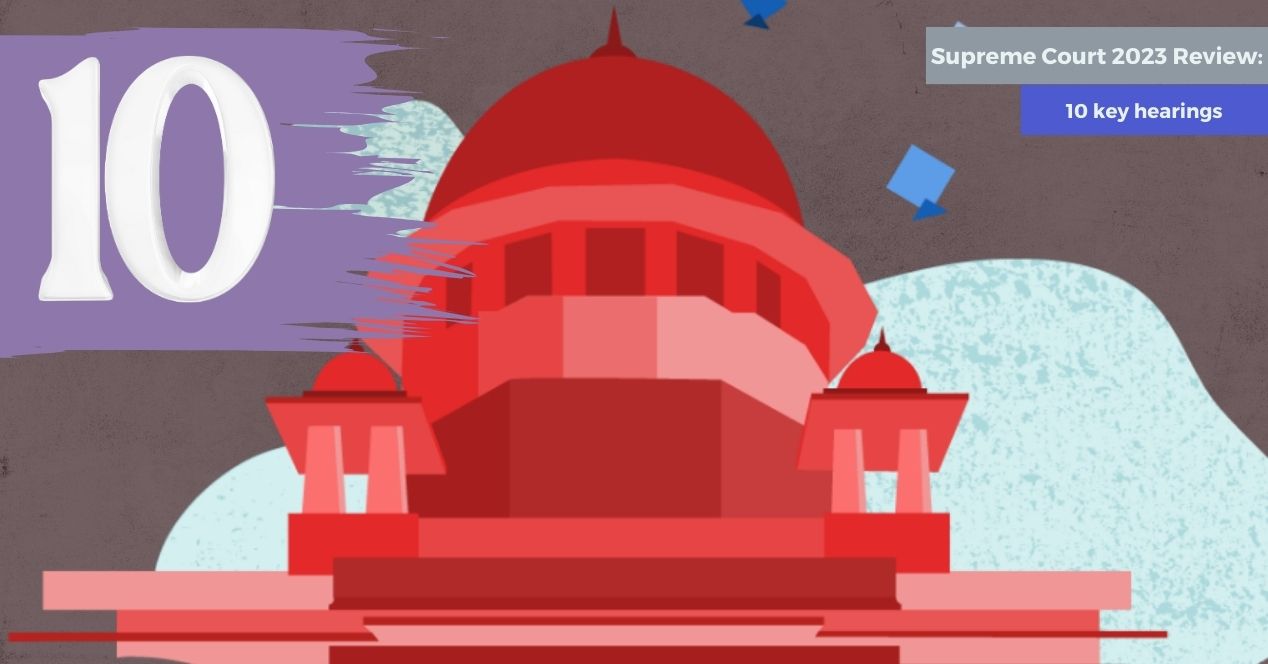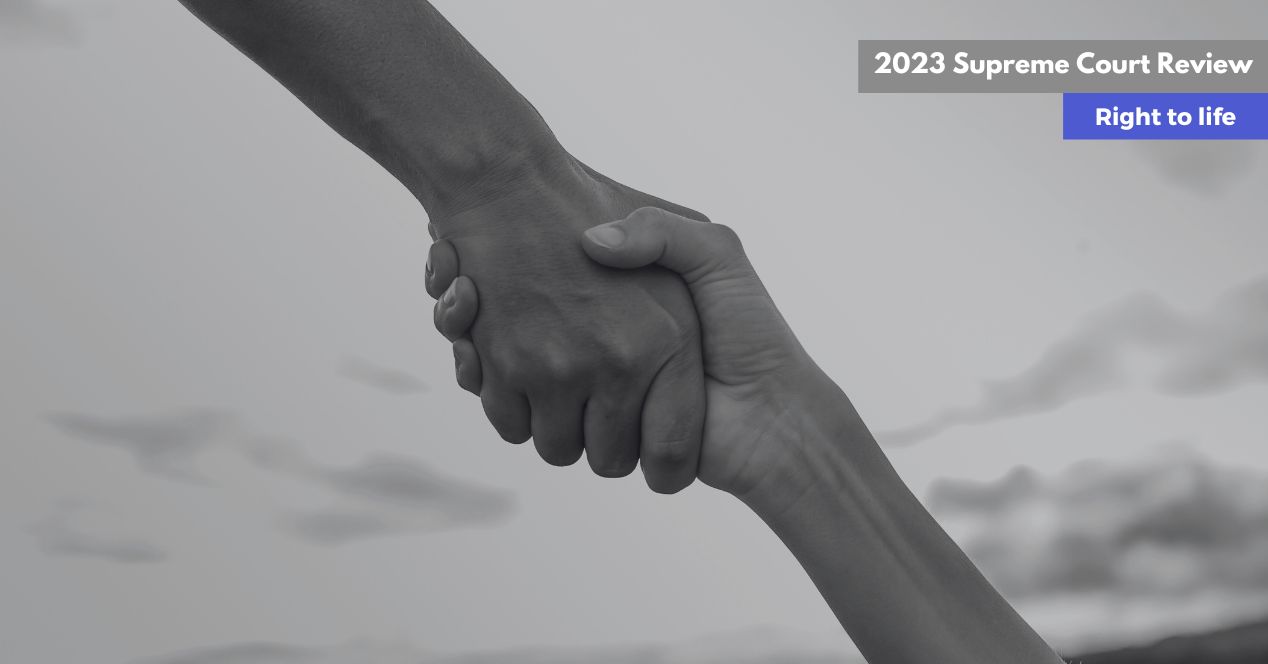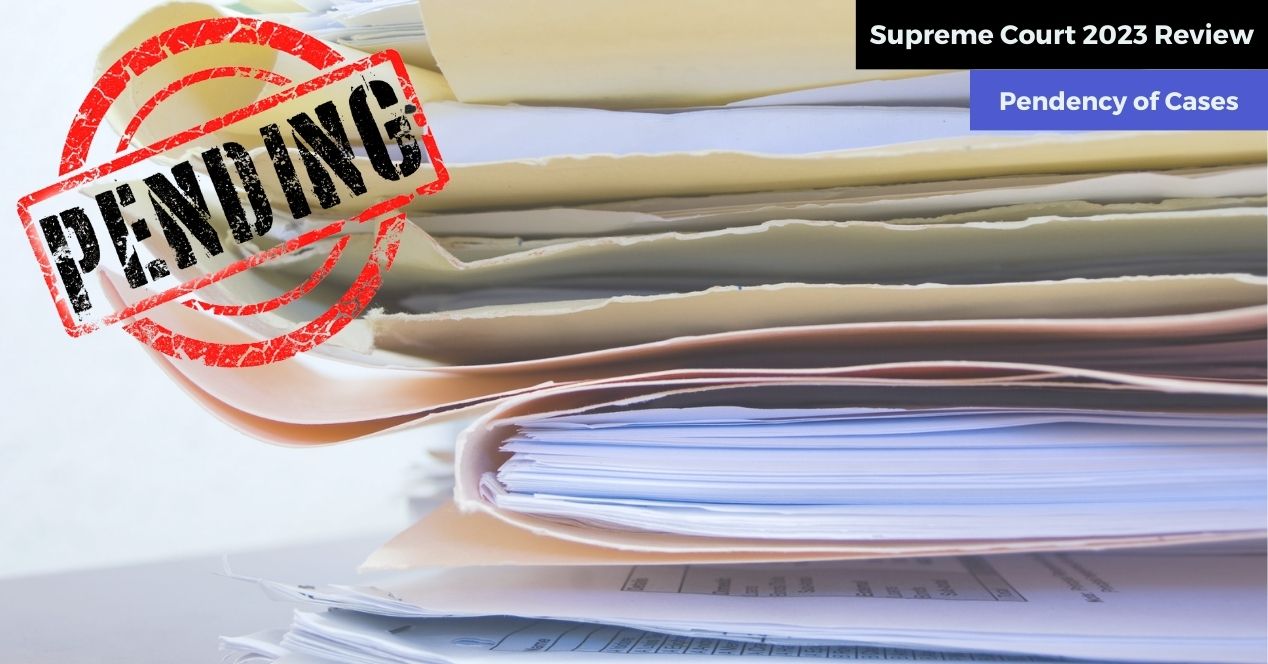Analysis
Supreme Court Review 2023: On Marriage
The SC said marriage age and rights of sexual minorities was in parliament‘s domain. It used its wide powers under Art. 142 to grant divorce
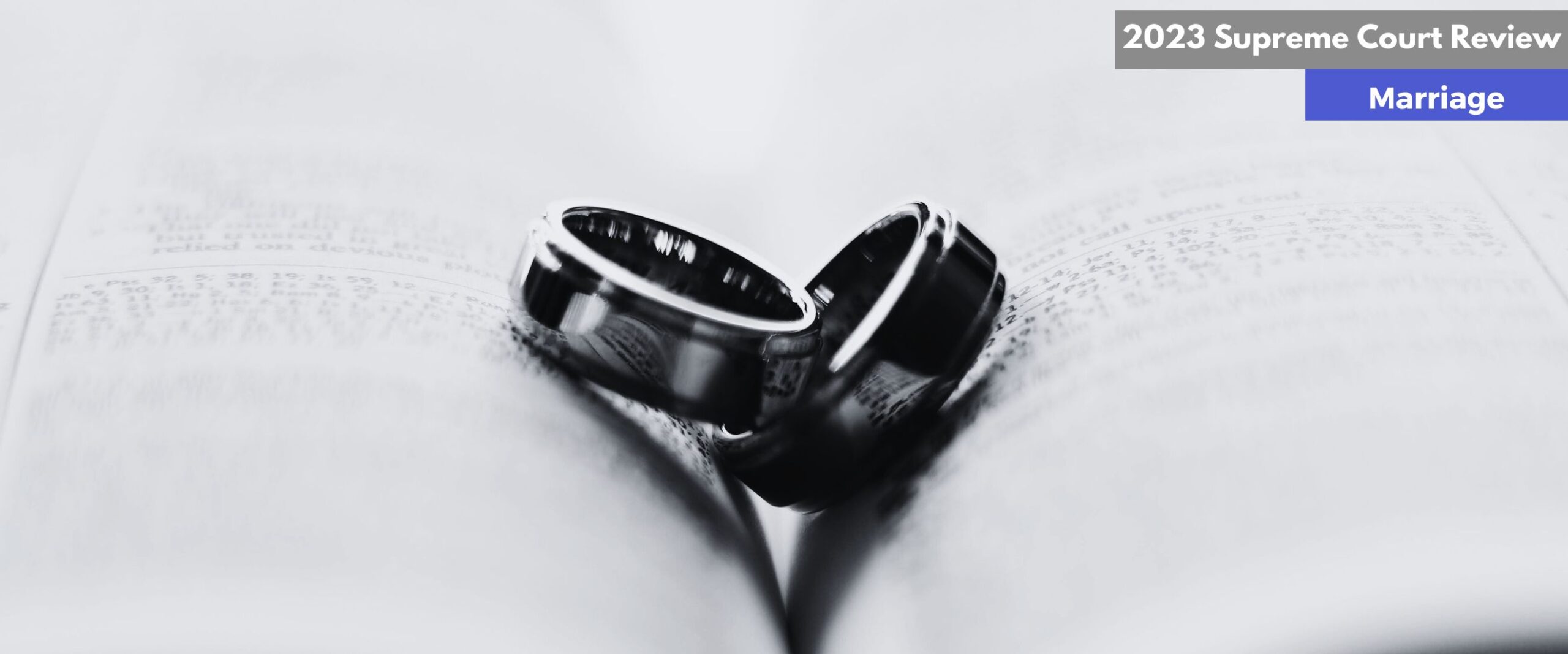
Of the cases that the Supreme Court dealt with on marriage in 2023, three cases made headlines and impacted the way we understood personal law. In two of those cases, the Court’s decision upheld separation of powers and parliamentary discretion in rejecting petitions that sought an expansive interpretation of laws. In the third, it used its inherent powers to do “complete justice.”
In Supriyo v Union of India, the Court rejected a batch of petitions seeking the right to marry for sexual minorities. The petitioners’ suggestion to read gender-inclusive terms into the Special Marriage Act, 1954 was rejected. That would be akin to making a new law, the majority said.
The Court cited a similar reason to reject a petition that sought to raise the minimum age of marriage for women to 21, at par with men. Unwilling to stride into the legislative domain, the Court dismissed it. “We must defer to Parliament,” the Chief Justice of India D.Y. Chandrachud said during the hearing.
But in a case on divorce in a dead marriage, the Court adopted different reasoning. In the absence of an express remedy, it dissolved the marriage on grounds of irretrievable breakdown using its inherent powers under Article 142.
Denial of marriage equality to sexual minorities
Certain petitioners in the case had urged the Bench to hold portions of the SMA as unconstitutional for excluding marriage between non-heterosexual couples. Certain others had asked the Bench to interpret the SMA to include non-heterosexual marriages.
The Court rejected both suggestions unanimously. The CJI held that declaring SMA as unconstitutional would, in effect, deny interfaith and inter-caste couples a legal route to get married. It would “push the courts to choose between eradicating one form of discrimination and prejudice at the cost of permitting another.”
Meanwhile, Justice S.R. Bhat, on behalf of Justice Hima Kohli and himself, held that a law can only be declared unconstitutional for under-inclusion if the excluded category in any classification actually belongs to the included class. This was not the case in the present matter.
Justice S.K. Kaul was in minority when he declared the SMA to be violative of Article 14’s mandate of equality, for discriminating against queer persons.
The second suggestion—to make the SMA applicable to non-heterosexual couples—was also not considered viable as that would have led to reading in words that the legislature did not originally intend to have. For the Court to expand the ambit of the Act would have violated the doctrine of separation of powers.
Three of the five judges were of the view that queer persons do not have a right to enter into a “civil union”. They found that it is not within the Court’s power to recognise the right or to compel Parliament to make a relevant law. CJI Chandrachud and Justice Kaul were in the minority in holding that they do have this right.
The power to end marriages under Article 142
While Shilpa Sailesh was not the first time the Supreme Court used its power under Article 142 to dissolve a marriage, the 1 May judgement is crucial in authoritatively clarifying that the Court does have this power.
The five-judge Constitution Bench led by Justice Kaul broke away from the “fault theory” framework existing in Indian marriage laws according to which either of the parties to the marriage must prove fault of the other party.
Under Section 13B of the Hindu Marriage Act, 1955, a couple who wishes to dissolve their marriage through the “mutual consent” route must submit a petition before the district court declaring such consent and state that they have lived separately for at least one year. After six months of the filing of the petition, and not later than 18 months, a motion must be filed reiterating their wish to end the marriage. On hearing the parties and making inquiries, the court grants a decree of divorce.
The judgement in Shilpa Suresh holds that the Supreme Court has the discretion to dissolve a marriage without being bound by the procedural requirement of filing a motion for dissolution six months after the original petition is filed. The Court said parties should not be permitted to directly file an Article 32 petition seeking the dissolution of a marriage. The Court can also quash and set aside any pending proceedings or orders, including criminal proceedings.
The Bench held that if the Court is “fully convinced and satisfied that the marriage is totally unworkable, emotionally dead and beyond salvation” the Court can declare a marriage as dissolved.
Marriageable age for Parliament to decide
The petition filed by advocate and politician Ashwini Kumar Upadhyay contended that the distinction between the marriageable ages for men and women was discriminatory.
The petition contended that the discrepancy in the minimum marriageable ages was violative of Articles 14, 15 and 21. Upadhyay urged the Court to direct the Union Government to bring the minimum marriageable age of women to 21, at par with the criteria for men in the interest of “gender justice, gender equality and dignity of women.”
The three-judge Bench led by the CJI unequivocally said that such a mandamus could not be issued to the Parliament. The CJI even told Upadhyay not to make a “mockery” of the Court’s jurisdiction under Article 32.
In June 2020, the Union Government had formed a task force headed by politician and activist Jaya Jaitley to examine, among other things, the correlation between the age of marriage and motherhood. The task force reportedly recommended raising the marriageable age to 21 for all.
In December 2021, the Prohibition of Child Marriage (Amendment) Bill, 2021 was introduced in the Lok Sabha with provisions raising the marriageable age to 21. The Bill was referred to the Parliamentary Standing Committee on Education, Women, Children, Youth and Sports for examination soon after. The committee has sought and received multiple extensions by Vice President and Rajya Sabha Chairman Jagdeep Dhankar since it began deliberations. In October 2023, it was granted a three-month extension till 24 January 2024.
Women’s rights groups have raised strong objections to raising the marriage age for women, arguing that such a law may be misused against women marrying without their parents’ consent. They argue that education and employment will have a far reaching impact compared to a “coercive” law that could trigger an adverse reaction.

